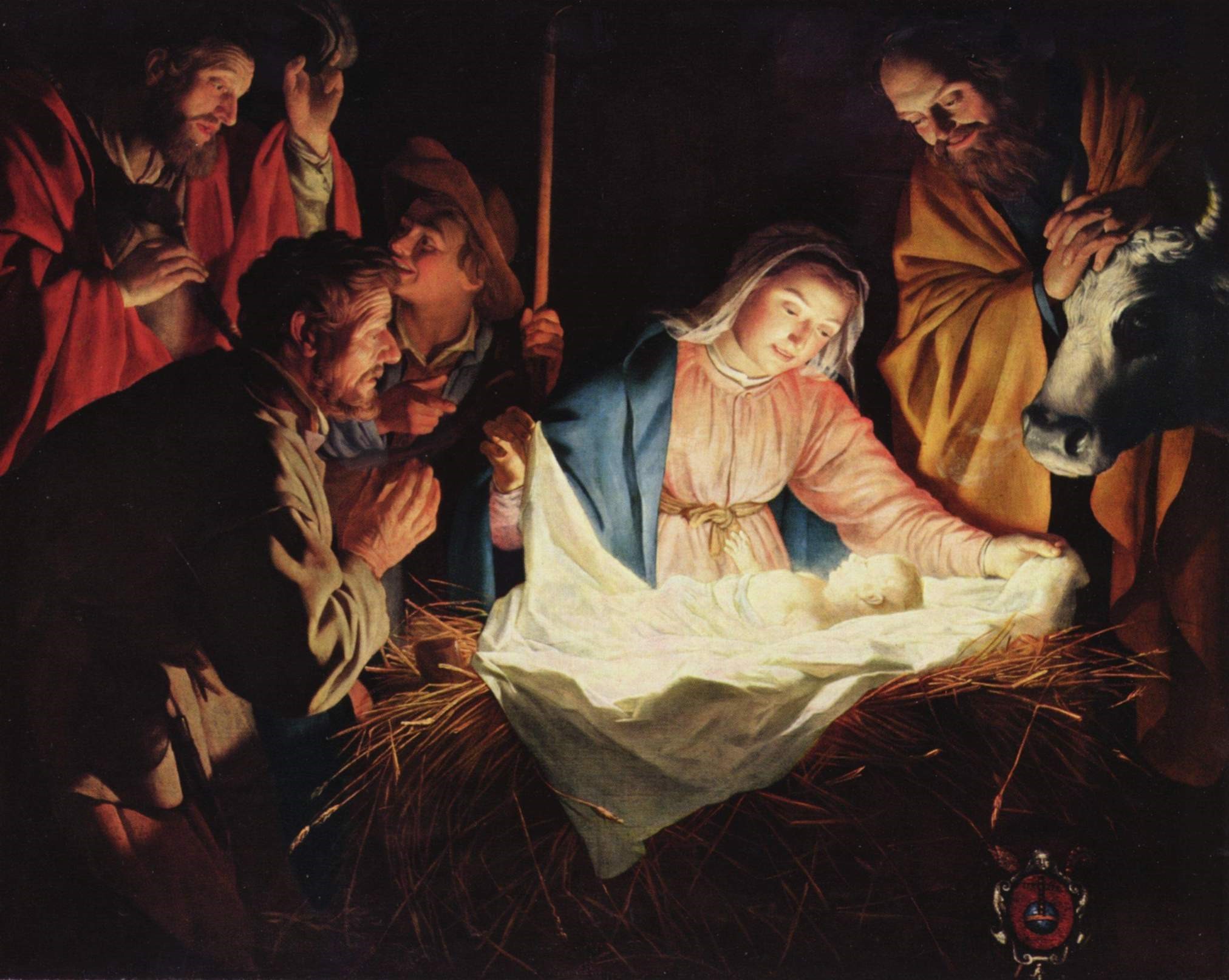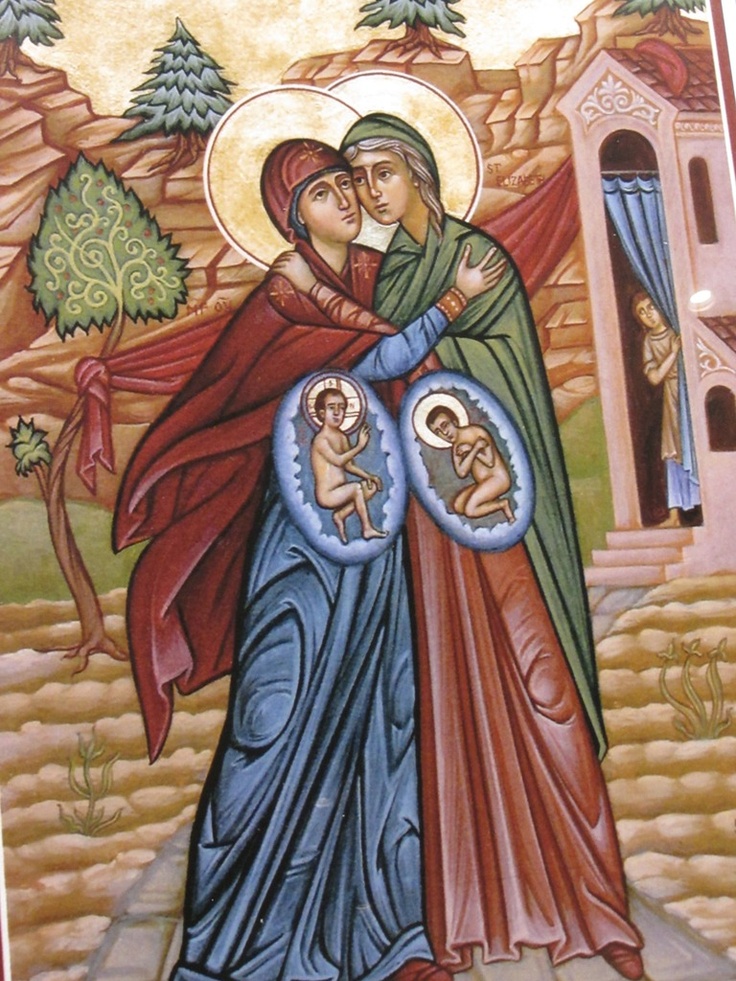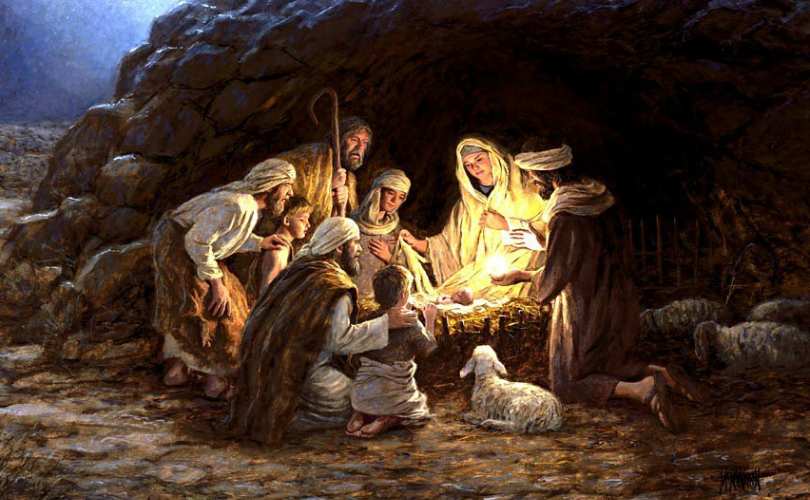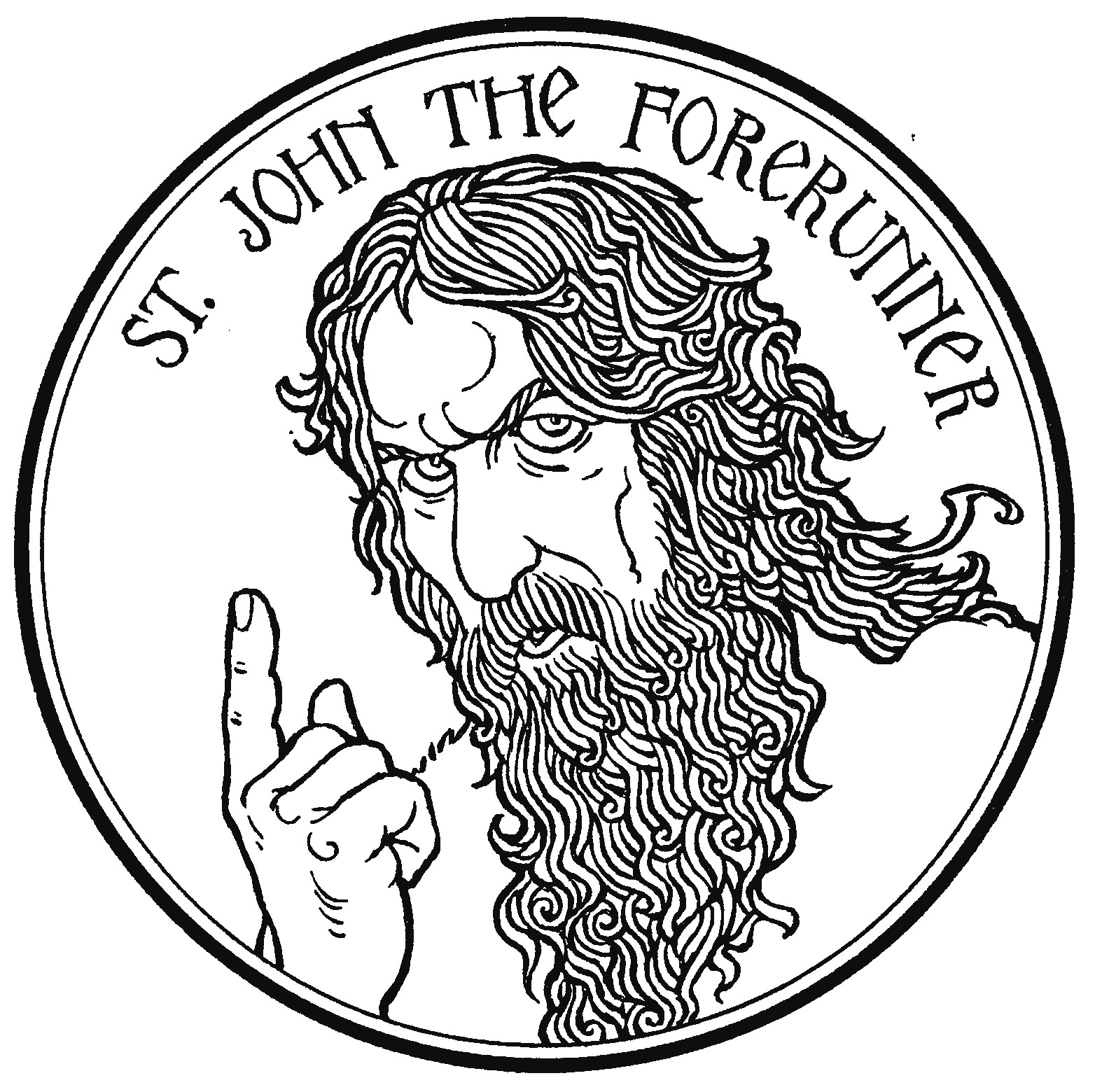Month: December 2017
-

Circumcision and Name of Jesus (Numbers 6:24-27; Luke 2:21)
Bethlehem Lutheran Church & Bethel Lutheran Church, Lebanon & Sweet Home, OR Circumcision and Name of Jesus + December 31, 2017 Text: Numbers 6:24-27; Luke 2:21 When you say “Happy New Year,” you may be surprised to know what that wish means. Many people think nothing of the greeting, “Happy New Year.” It’s just…
-

Nativity of Our Lord (John 1:1-14)
Bethlehem Lutheran Church, Lebanon, OR Nativity of Our Lord + December 25, 2017 Text: John 1:1-14 This morning, we complete our series on the pivotal point in the Nicene Creed (which we just confessed). “For us men, and for our salvation, He came down from heaven and was incarnate by the Holy Spirit of the…
-

Eve of the Nativity of Our Lord (Luke 2:10-11)
Bethlehem Lutheran Church & Bethel Lutheran Church, Lebanon & Sweet Home, OR Eve of the Nativity of Our Lord + December 24, 2017 Text: Luke 2:10-11 “He came down from heaven and was incarnate by the Holy Spirit of the Virgin Mary” This blessed evening, we will focus on these words which are confessed…
-

Fourth Sunday in Advent (Luke 1:46-55)
Bethlehem Lutheran Church, Lebanon, OR Fourth Sunday in Advent (Rorate Coeli) + December 24, 2017 Text: Luke 1:46-55 “Who for us men and for our salvation came down from heaven” This morning is the beginning of a three-part sermon series over today and tomorrow, in which we will focus on the part of the…
-

Christmas Services
Come to Bethlehem and see Him whose birth the angels sing! Sunday, December 24th 10:30 AM – Sunday Worship (4th Sunday in Advent) 7:00 PM – Christmas Eve Candlelight Service Monday, December 25th 10:00 AM – Christmas Day Divine Service Special 3-Part Sermon on the words of the Nicene Creed: “Who for us…
-
Advent 3 Midweek (Isaiah 40:1-8)
Bethlehem Lutheran Church, Lebanon, OR Advent 3 Midweek – December 20, 2017 Text: Isaiah 40:1-8 Who doesn’t like to feel comfortable? It sure is nice to not be annoyed, or hungry, or sleepy. Your favorite chair, your favorite room in the house, your favorite food and the people around you. That’s what we’re all…
-

Third Sunday in Advent (1 Corinthians 4:1-5)
Bethlehem Lutheran Church & Bethel Lutheran Church, Lebanon & Sweet Home, OR Third Sunday in Advent (Gaudete) + December 17, 2017 Text: 1 Corinthians 4:1-5 John the Baptist was that voice foretold long before—one crying in the wilderness, a messenger before the Lord’s face, and him who was to come in the spirit and…
-
Advent Midweek 2 (Malachi 4:1-6)
Bethlehem Lutheran Church, Lebanon, OR Wednesday of Advent 2 + December 12, 2017 Text: Malachi 4:1-6 THERE’S NOTHING HOTTER THAN HELL, BUT THERE’S NOTHING MORE REJUVENATING THAN THE GRACE OF GOD. Is it hot in here? Yes, I do believe it’s hotter than hell in here. We hear that phrase thrown around thoughtlessly. …
-

Fear Not, The Kingdom of God is At Hand (Luke 21:25-36)
Bethlehem Lutheran Church & Bethel Lutheran Church, Lebanon & Sweet Home, OR Second Sunday in Advent + December 10, 2017 Text: Luke 21:25-36 Let’s be honest, the things described in the end times are scary! They make even the worst terrorist attack seem like a hiccup, because it’s not just going to be in one…
-
Advent Midweek I (Jeremiah 23:5-8)
Bethlehem Lutheran Church, Lebanon, OR Advent Midweek I – December 6, 2017 Text: Jeremiah 23:5-8 True salvation vs. counterfeit hope In the days of Jeremiah, every true Israelite was in expectation. The nation was severely broken—ruled by kings who had more interest in feasts and fertility gods than the spiritual welfare of God’s…